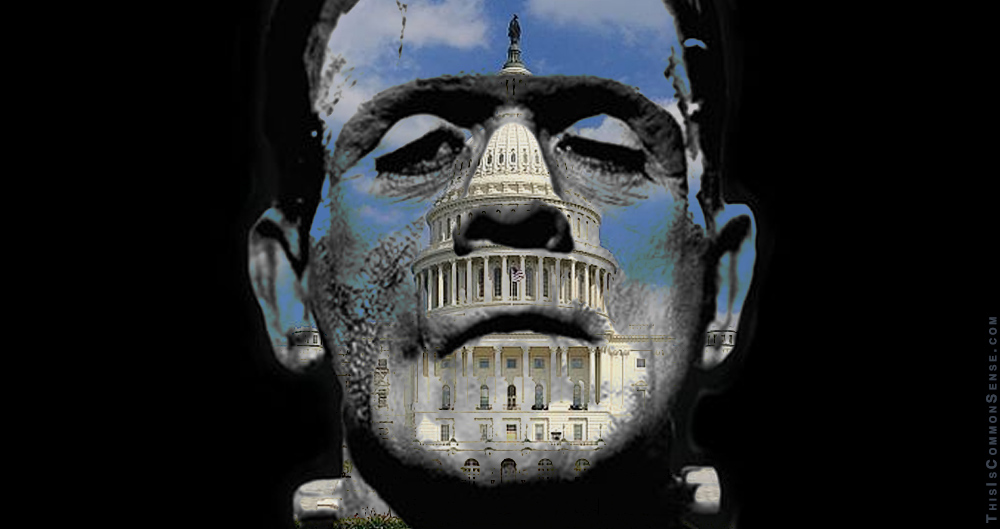“By law, we have one job,” Rep. Tim Burchett (R‑Tenn.) asserted the last time he opposed the “continuing resolution” (CR) on the federal budget.
What is that “one job”? It is “to pass twelve appropriations bills and a budget. We aren’t doing that, which is why we are $33 trillion in debt.”
Katherine Mangu-Ward, at Reason, fleshed this out: “In theory, the president proposes a budget, Congress passes a budget resolution, and then various committees put together a dozen separate spending bills. They’re debated and voted on, and then the president signs them into law by October 1.”
The practice, however, is a bit different: “What happens instead is that the members of the House careen into each fall full tilt, screaming at each other until they throw together some kind of stopgap measure to fund the federal government for a little while longer until they can get their act together to generate a big, messy omnibus bill that no one will have time to read.”
But it’s worse: “When they can’t manage even that, we get a shutdown.”
To prevent a shutdown, but also not fall back into the usual iterations of the continuing resolutions, the new House Speaker, Rep. Mike Johnson (R.-La.) has floated the idea of a “laddered” CR. According to The Epoch Times, this plan “would spread the due dates over a period of time rather than having all the bills come due at once.” Think of it as an ultra-weak echo of the responsible budgeting process.
Will it work? Will Congress manage this merest hint of responsibility?
In ten days, it’s go time — or, no-go time — again.
This is Common Sense. I’m Paul Jacob.
Illustration created with PicFinder and Firefly
See all recent commentary
(simplified and organized)
See recent popular posts




